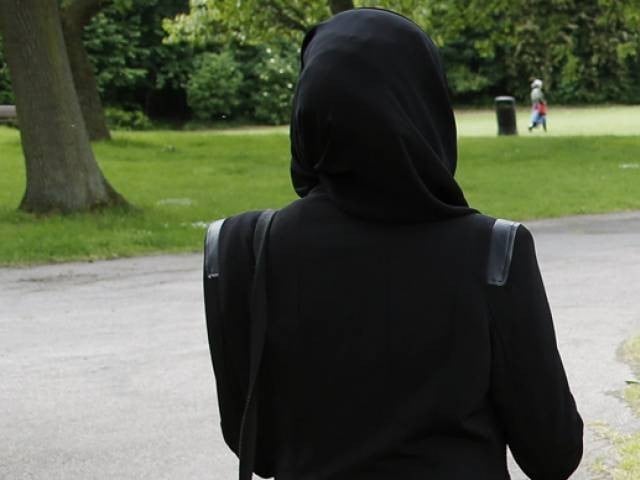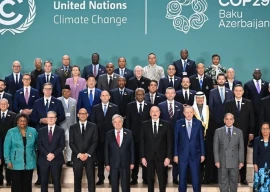
The controversy erupted last week when she wore a headscarf during a school trip with her son and other children to the regional parliament in Bourgogne-Franche-Comte in eastern France.
Julien Odoul, a member of Marine Le Pen's National Rally (RN) party, caused widespread outrage when he posted a video on Twitter of him confronting the woman.
Citing "secular principles" in the wake of the killings in Paris this month of four police staff by a convert, he insisted that she remove her headscarf.
Members of the RN then walked out of the chamber before issuing a press statement denouncing "an Islamist provocation".
The CCIF said the woman would file a complaint with prosecutors in the city of Dijon on Thursday over "violence of a racial nature committed... by persons with public authority."
Canada's Trudeau admits to racist 'brownface' makeup
And a second complaint would be filed in Paris on Friday for "incitement of racial hatred," CCIF said in a statement.
The woman's lawyer, Sana Ben Hadj, said her client had felt "humiliated" by the incident because images of her had been shared widely.
"It's not just a question of secularism, but of racism, trying to exclude Muslims from the Republic," the lawyer said.
"Without her, this school trip could not have taken place. There were no other parents who could make themselves available."
The row is the latest in France over face and body-covering garments which many perceive as inappropriate in a secular country while others argue the garments allow Muslim women to be active participants in French society.
On Wednesday, President Emmanuel Macron said Muslims should not be "stigmatised" and warned about making a "fatal shortcut" between Islam and the fight against terrorism.
The French state and church were officially separated by law in 1905 to give form to the concept of secularism rooted in the 1789 French Revolution.
In 2004, the government prohibited the wearing of conspicuous religious symbols in public schools and banned the hijab - a garment that covers a woman's hair but leaves her face exposed - from classrooms and government offices.
The country with Europe's largest Muslim population is also deeply divided over the body-concealing "burkini" swimsuit, with opposition to the garment forcing the closure of some swimming pools earlier this year in the midst of a heatwave.
Also this year, French sports retailer Decathlon was forced by public pressure to back down from a plan to sell a runner's hijab in France.
An opinion poll released on Monday found that two in three French people are in favour of prohibiting parents accompanying kids on school trips from wearing visible religious symbols.

1722586547-0/Untitled-design-(73)1722586547-0-165x106.webp)


1732326457-0/prime-(1)1732326457-0-165x106.webp)




1731325890-0/trump-(24)1731325890-0-270x192.webp)







COMMENTS
Comments are moderated and generally will be posted if they are on-topic and not abusive.
For more information, please see our Comments FAQ